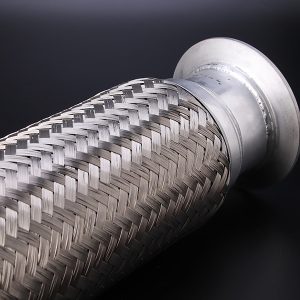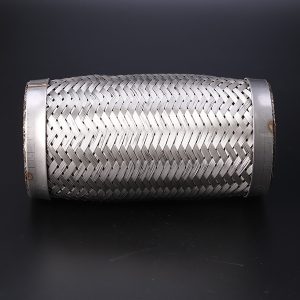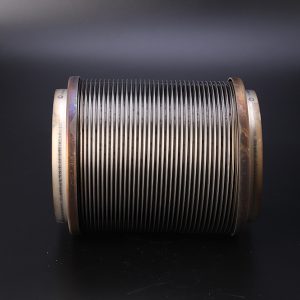


Flexible metal hoses have become increasingly popular in various industries due to their unique properties and versatility. These hoses are made of a combination of metal and various other materials, such as rubber or plastic, which allow them to bend and flex easily without breaking or losing their shape.
One of the main advantages of flexible metal hoses is their ability to withstand extreme temperatures and pressures. They are commonly used in high-temperature applications, such as in the aerospace and automotive industries, where they can handle temperatures up to 1500°F. Additionally, they are resistant to corrosion, making them ideal for use in chemical processing plants and other corrosive environments.
Flexible metal hoses are also highly customizable, making them suitable for a wide range of applications. They come in various sizes, lengths, and configurations, and can be made from different materials to suit specific needs. For example, hoses made from stainless steel are ideal for applications requiring high levels of hygiene, such as in the food and beverage industry.
Another advantage of flexible metal hoses is their ability to absorb vibrations and shocks. This makes them ideal for use in machinery and equipment where vibrations can cause damage or premature wear and tear. They can also be used as a flexible connector between two rigid pipes, reducing stress on the pipes and preventing leaks.
In my opinion, flexible metal hoses are a versatile and reliable solution for a variety of industries and applications. Their unique properties, such as high-temperature resistance, corrosion resistance, and flexibility, make them a popular choice for use in extreme environments. With the ability to be customized to specific needs and applications, flexible metal hoses are a powerful tool for unleashing flexibility.

